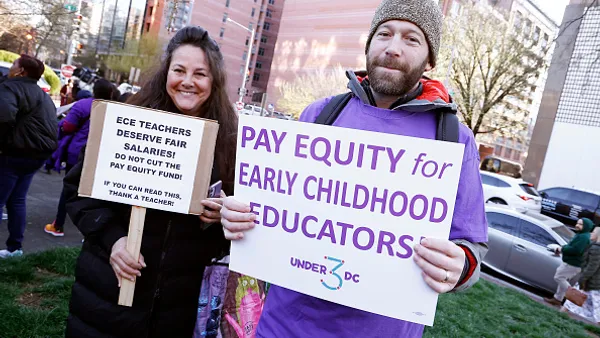Dive Brief:
- A new study by CEB (now known as Gartner) found that 40% of employers will offer "Summer Fridays" this year. According to the CEB Global Talent Monitor, the 2017 study showed a 20% increase over the percentage of employers that offered Summer Fridays in 2015.
- Employees may use Summer Fridays to leave work early or take the day off entirely. Employers that offer workers flexibility in their schedules with this kind of benefit could have an edge over their competitors in attracting, hiring and retaining the best talent, the study found.
- The study also found that employee confidence in the economy and their employment prospects rose in the first quarter of 2017. Brian Kropp, HR practice leader at Gartner, says that as employees become more confident about their job prospects and are more willing to look for jobs opportunities elsewhere, employers must offer creative benefits such as "Summer Fridays" to engage and retain them.
Dive Insight:
A top perk for employees is work-life balance. Flexible work schedules allow employees to work at home occasionally, come in earlier or later to accommodate personal responsibilities, or take half or full days off when needed. Summer Fridays allow workers to start weekends early or extend them to three days.
Workng parents with school-age children might find Summer Fridays a way to have more free time during the season since children are still home for the summer. But employees of all backgrounds find flexibility useful and engaging.
Work-life balance can be a major stress-reducer for employees. A Paychex study found that 80% of the respondents said their greatest stressor was not having enough time at home, especially with their children.
But allowing for flexibility has more advantages for employers than a competitive edge in recruitment and retention. Employers might save on energy expenses by having fewer workers on-site using lighting, air conditioning and office equipment like computers and printers during the workweek. Two economists, David Rosnick and Mark Weisbro, concluded that if the U.S. adopted Europe's attitudes about a shorter workweek and climate change, it could reduce energy consumption by 20%.












